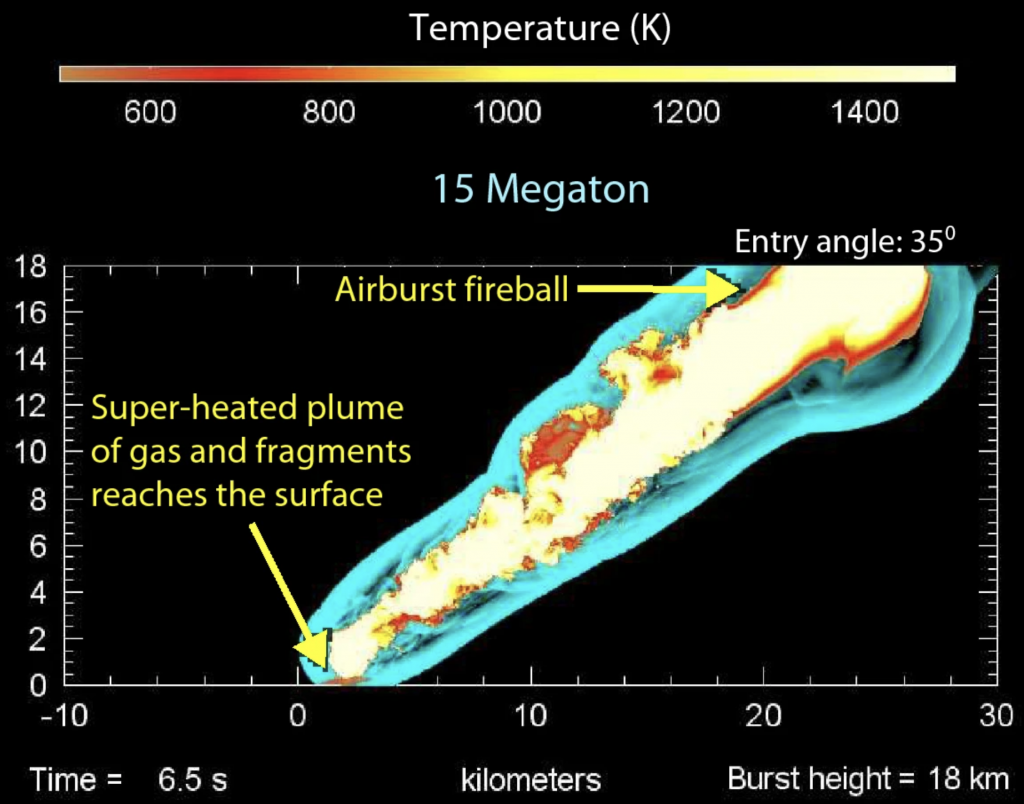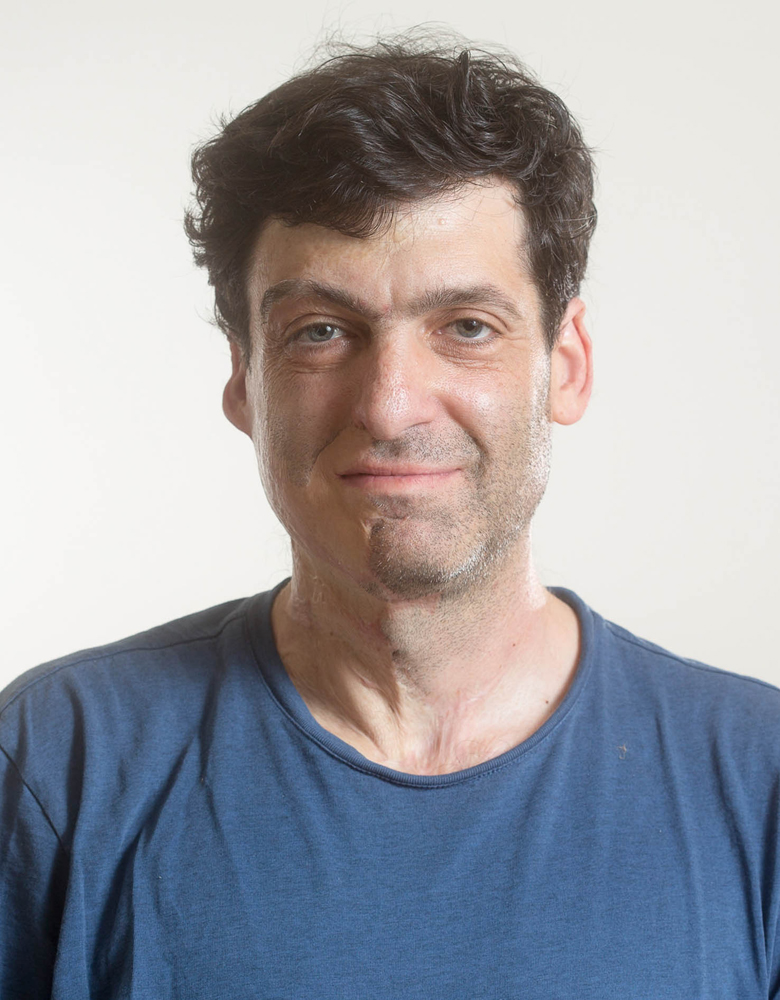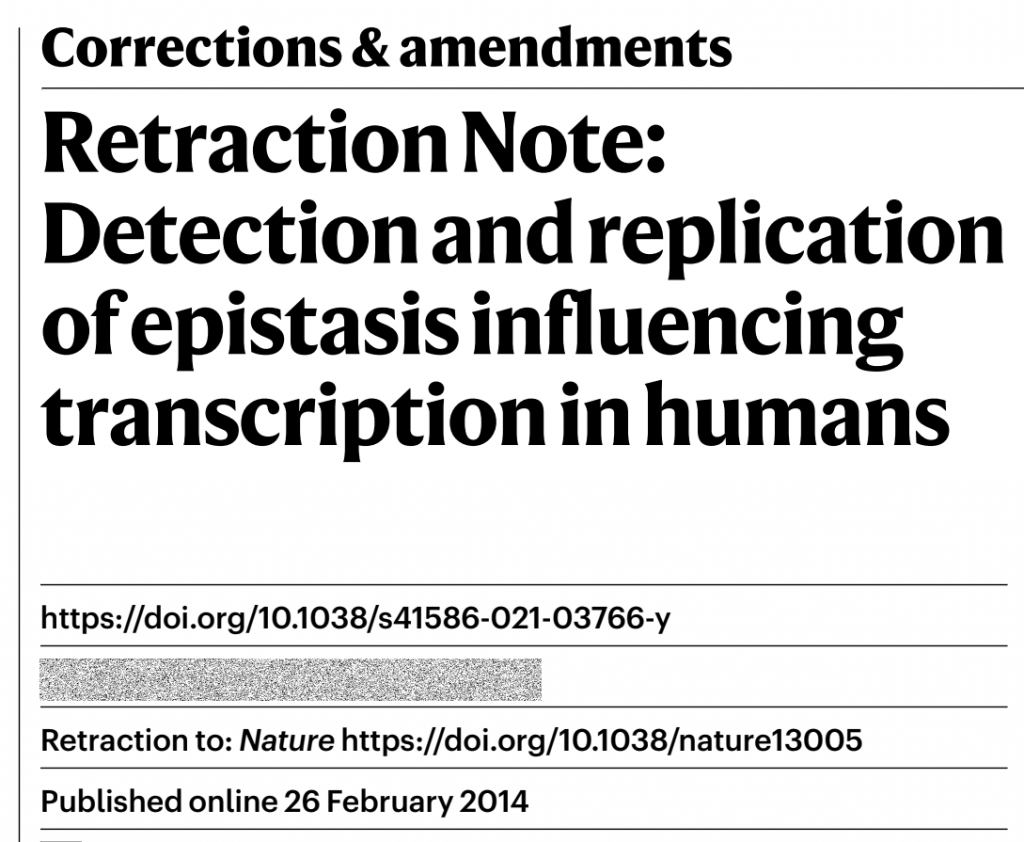
The Lancet has retracted a decade-old case report by a group from Japan after concluding that the authors misrepresented the originality of the work.
The paper was a case report, titled “Hidden Harm,” by a team at Nihon University School of Medicine in Tokyo. The authors described a 46-year-old woman with a history of self-harming behaviors they ultimately attributed to a previously undetected neuroendocrine tumor called a pheochromocytoma.
According to the retraction notice, however, the tumor wasn’t the only thing about the paper that was hidden. The authors also misled the Lancet when they said they hadn’t published about the case when they submitted their writeup about the case — a fact unknown to the journal until this summer:
Continue reading Lancet retracts 10-year-old case report







